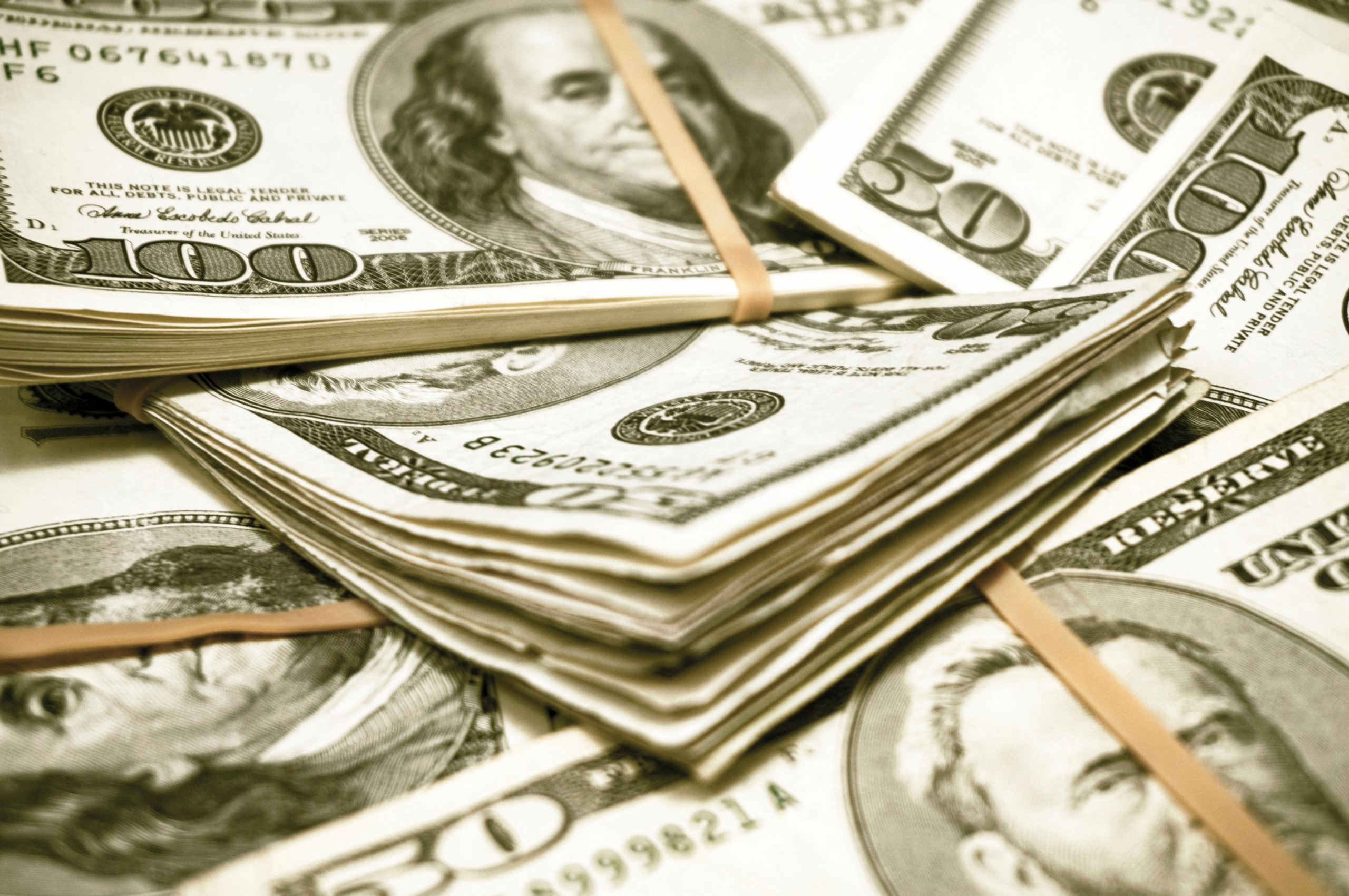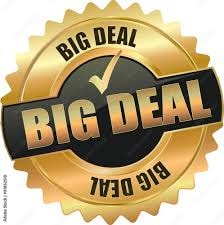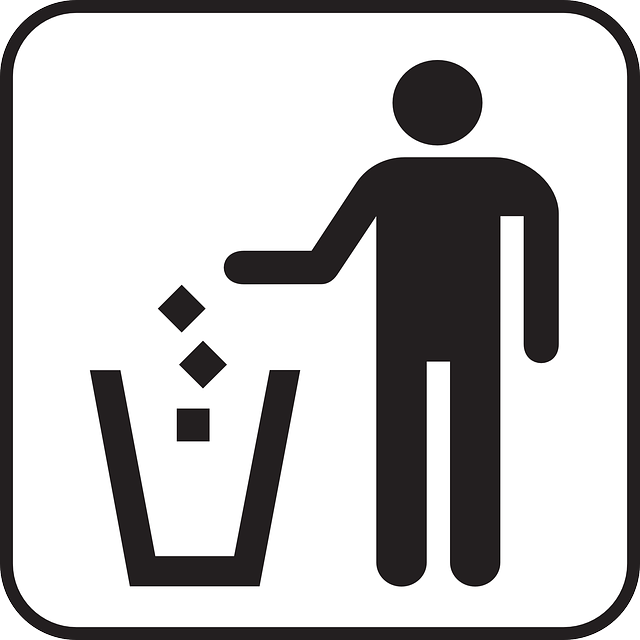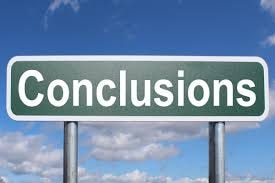What If the Seller Wants an Earnest Money Deposit? (and You Don't Have it)
By Property M.O.B. – No B.S. Edition

💡 Why This Guide Slaps (And Might Save Your Ass)
If you’re out here treating earnest money deposits (EMDs) like a required rite of passage in real estate wholesaling, you’re setting yourself up to lose — money and leverage. The truth? earnest money deposits are a trap for the untrained. And smart wholesalers know how to navigate deals without ever risking real cash.
This is your M.O.B.-certified breakdown on:
- When (if ever) to use earnest money deposit (EMD) real estate
- How to avoid dropping hundreds for no reason
- What your purchase agreement must say to keep your earnest money deposit safe
- How wholesaling lets you skip the risks traditional agents take on daily
🏠 Mastering the Homebuying Process as a Wholesaler
- Understand each phase so you can explain it better than most real estate agents
- Position yourself as the pro between sellers and potential buyers
- Know how the homebuying process impacts timelines, inspections, and EMD expectations
🧐 What Is an Earnest Money Deposit (EMD)?
Let’s get this straight. An earnest money deposit — or good faith deposit — is cash put down to show the seller you’re serious. It’s usually held in an escrow account by a title company, not shoved into a seller’s hands. But guess what? It’s mostly for agents and traditional buyers.
In wholesaling, you’re not buying the property — you’re locking it up and assigning the contract. That means your job is to solve problems, move fast, and leverage knowledge — not flash money like a rookie.
In wholesaling, you’ll deal with EMDs when:
- You lock up a purchase contract with a motivated seller
- You assign that real estate contract to your cash buyer, who puts up their own earnest money check
So while agents stress about how much earnest money is "standard," you can stay cool knowing you have smarter ways to close deals.
If the sale falls through for legit reasons, you should get your earnest money back — but only if your paperwork is tight.
🎯 Why Earnest Money is a Big Freakin' Deal

Earnest money does two things:
- Proves you’re not wasting time
- Protects your position in the deal
In a competitive real estate market, sellers aren’t just looking for offers — they want earnest money required that backs up your word. It’s a security deposit with power. If you're doing business with a Realtor, or a sophisticated seller they may request a Proof of Funds letter. Let's hope not.
💥 Why Wholesalers Have the Advantage
Traditional agents live in a world where EMDs are a must. They jump through hoops for listings, inspections, loans, and appraisals — praying every deal holds up. One missed contingency? That earnest deposit is gone.
But you? You’re not playing that game. As a wholesaler, you control the paper, not the property. That gives you negotiating power and freedom. You decide if an EMD is even necessary — and more often than not, it’s not.
⏰ Move in a Timely Manner or Lose the Deal
- Submit earnest money and contracts before other buyers make a stronger move
- Communicate with the real estate agent (worse case) or title rep (best case) to keep deals flowing
- Delays make you look flaky — and flaky doesn’t get chosen
🤔 Do You Have to Pay Earnest Money in Wholesaling?
Short answer: Nope.
Real answer: Only if you’re dealing with someone who doesn’t trust you yet.
- How motivated your seller is
- Whether you’re in a slow market or hot housing market
- How much rapport you’ve built
Motivated sellers in distress care more about speed and buyer responsibilities than a certified check upfront. Make them feel comfortable. Help them feel you can make their problem go away.
If you're working with a motivated seller and you’ve built solid rapport, you can often skip the EMD altogether. Why? Because these sellers care about speed and certainty, not some $100 token of "good faith." Solve their problem, and the deposit becomes irrelevant.
💳 When You Do Use It — Keep It Tiny

Some sellers or agents will demand one — especially if they’ve been burned before. Fine. Toss in a token deposit of $50–$100 into escrow only to show you’re legit, then lock the terms in your favor.
Never overextend. This is not a bidding war. You’re a problem-solver, not a desperate buyer.
🤝 Make Your Buyers Bring the Big Earnest Energy
You know who should be putting up a non-refundable earnest money deposit?
Your end buyer.
When you assign a deal, make them pay to play:
💰 $2,500–$5,000 wired to your title company.
📑 Non-refundable. No games, no tire-kickers.
That’s how wholesalers win. Let the agents babysit buyers who ghost on closing day. You only deal with closers.
📉 When You Can Ditch the EMD

If you’re working off-market, solving problems fast, and showing you can secure financing, you can skip the earnest deposit entirely.
🔥 Pro tip: In creative deals, your buyer’s good faith comes from how quickly you move — not how much cash you flash.
💳 Down Payment vs. EMD (Know the Difference)
A down payment is what a buyer brings to closing with a lender. In wholesaling? You’re not doing that. You’re getting contracts and assigning them. But when you double close, real estate transactions might involve a down payment.
Know your role. Don’t confuse your buyer’s offer with yours.
🏦 Where the EMD Goes (When You Actually Use One)
Say it with me: Never. Give. Earnest money. To. The. Seller.
Use a reputable third party like:
- A title company
- An escrow company
- A licensed escrow agent
They hold it, secure it, and release it under contingencies outlined in the sales contract.
🧾 Closing Costs and Escrow Accounts
Your purchase agreement must clearly define:
- Who is responsible for closing costs
- The destination of the escrow deposit
- The identity of the escrow agent
- The agreed purchase price of the property
Even if your buyer is covering the fees, ensure there is transparency throughout the entire process regarding these elements.
📌 Contracts That Don’t Screw You
Don’t write weak contracts. Use language that protects your earnest money and ensures clarity on whether the earnest money is refundable:
"Buyer shall deposit $100 earnest money deposit into escrow account within three business days. If the deal falls due to title defects, the earnest money shall be refunded, making it an earnest money refundable scenario."
"Earnest money is non-refundable only if the buyer fails to perform or does not meet the contingencies outlined in the sales contract."
💡 End Buyers: Make Them Pay to Play

When your buyer makes an offer on your deal, collect a non-refundable earnest money deposit of $2,500–$5,000 depending on the home’s purchase price.
Have them wire transfer or bring a cashier’s check to your title company.
That’s how you weed out tire kickers from closers.
📉 Why EMDs Are Risky for Agents (But Optional for Wholesalers)
Here’s where wholesalers crush traditional real estate agents:
Agents are locked into a system that requires earnest money. No deposit? No deal.
That’s built-in risk they can’t escape.
You, on the other hand, can structure deals creatively:
- No financing contingencies
- Fast closings
- Off-market problem-solving
- Assignments that remove you from liability
That’s how you get paid without gambling your cash like a weekend warrior.
🦉 Use Earnest Money Deposits as Leverage*
(*by leverage I mean last resort)
Want real commitment? Set the terms that matter:
💰 When you must, pay earnest money upfront—and make it non-refundable unless the property appraisal fails.
📑 Clearly outline every financing contingency in the agreement. Tie the earnest money to the purchase price and down payment so there's no confusion.
This approach builds seller trust while weeding out weak buyer’s agents, flaky real estate types, and anyone not ready to close.
⚠️ Red Flags & Rookie Mistakes

Avoid these common pitfalls:
- Verbal agreements – Always ensure everything is documented in your real estate contract
- Paying EMD without conducting a thorough home inspection to uncover potential issues
- Overlooking the importance of a comprehensive title search to confirm a clear title
- Allowing a legal firm to hastily finalize your terms without due diligence
- Not clarifying who covers closing costs in the purchase agreement to avoid unexpected expenses
- Giving money directly to a seller
Take your time and ensure a clean, thorough closing process.
✅ MOB Recap

You now know the real deal:
✅ Earnest money deposit (EMD) is optional in wholesaling- don't let anyone tell you different
✅ If you must pay it, keep it low and make it refundable
✅ Real risk belongs to your buyer, not you
✅ Your purchase agreement is your first line of defense
✅ Agents might need EMD's to operate - but you dont
And that’s exactly why wholesaling beats the old-school agent grind every time.
🔗 Want to turn this knowledge into power moves?
Join the Property M.O.B. Academy — where wholesalers get real game, real fast.